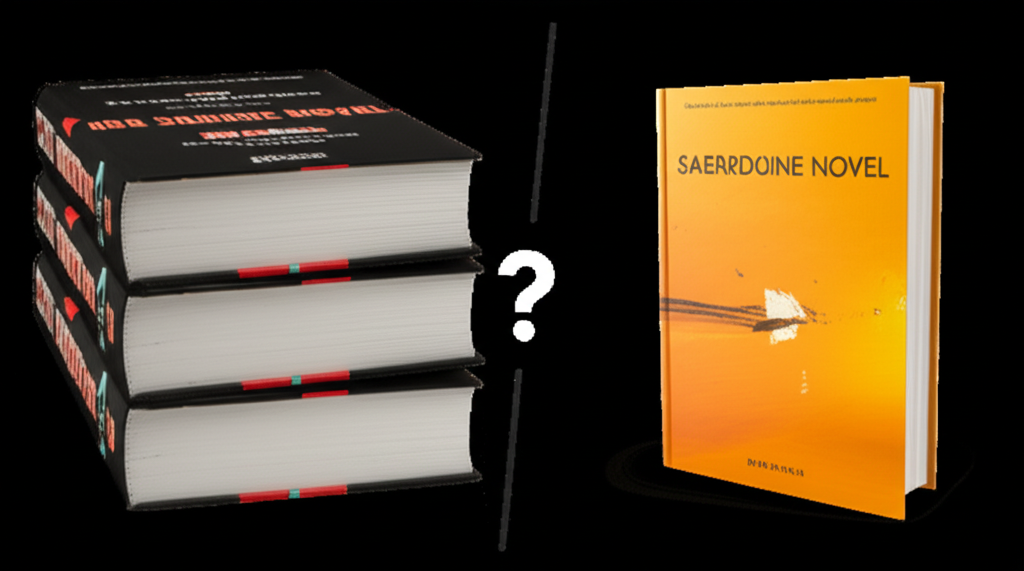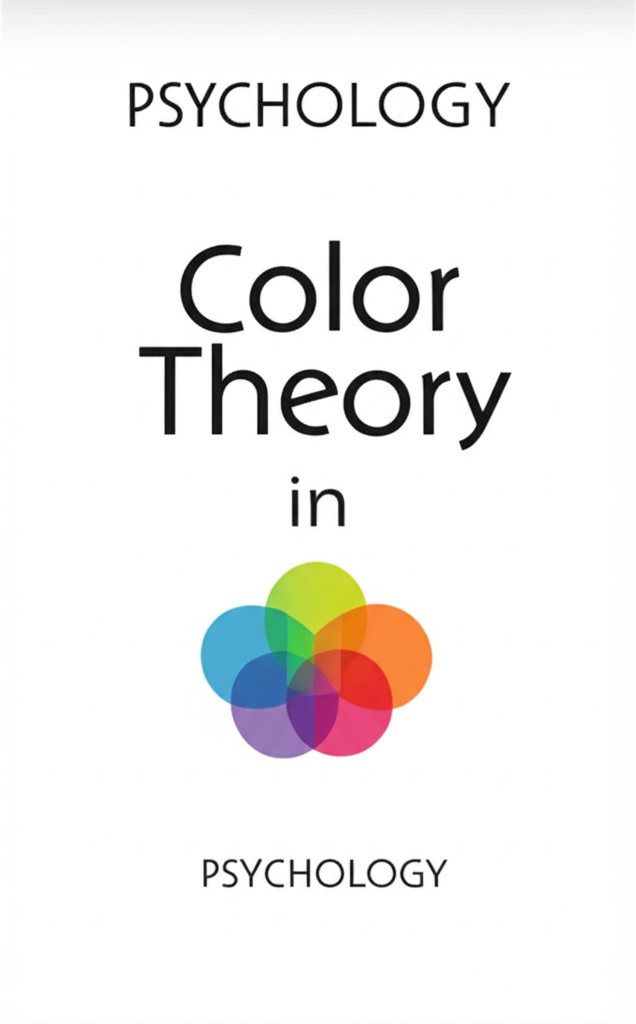The Great Debate: Series vs. Standalone
One of the biggest decisions self-published authors face is whether to write standalone books or commit to a series. Both approaches have their merits, but which is more profitable in the long run?
The Case for Series
Series have several advantages when it comes to profitability:
1. Reader Retention
Once readers invest in the first book of a series, they're more likely to continue purchasing subsequent books to follow characters they've grown attached to.
2. Marketing Efficiency
Marketing a series allows you to promote multiple books with a single campaign. Each book essentially markets the others, creating a multiplier effect.
3. Higher Return on Investment
The cost of creating covers, editing, and marketing can be amortized across multiple books, potentially leading to higher profits per book.
The Case for Standalone Books
Standalone books offer their own set of advantages:
1. Creative Freedom
Each new book allows you to explore different characters, worlds, and themes without being tied to previous storylines.
2. Lower Risk
If a standalone book doesn't perform well, you can pivot to a different concept for your next release without being committed to continuing a series.
3. Broader Market Appeal
Some readers are hesitant to start a series, especially if multiple books are already published, due to the time commitment required.
What the Data Says
According to our analysis of 500 self-published authors on Read & Rate:
- Authors with series earned 2.3x more on average than those publishing only standalone books
- However, the top 10% of earners were evenly split between series and standalone authors
- Genre plays a significant role: series performed better in fantasy, sci-fi, and romance, while standalone books often performed better in literary fiction and certain non-fiction categories
The Hybrid Approach
Many successful authors take a hybrid approach, writing both series and standalone books. This allows them to capture the benefits of both models while mitigating the drawbacks.
Conclusion: It Depends on Your Goals
The most profitable approach depends on your specific goals, writing speed, genre, and personal preferences. There's no one-size-fits-all answer, but understanding the pros and cons of each approach can help you make an informed decision for your publishing career.





